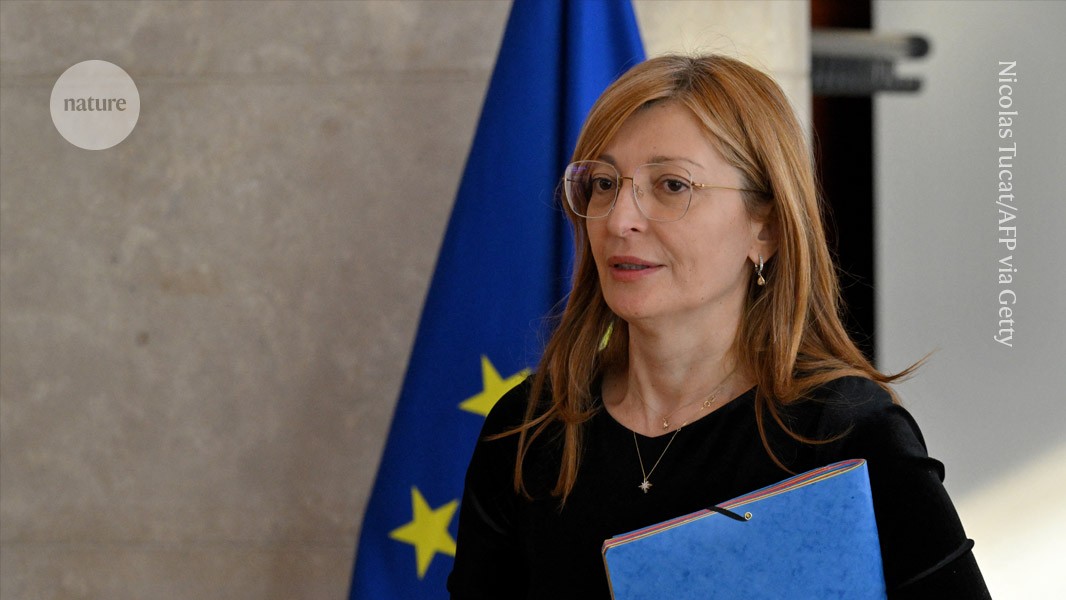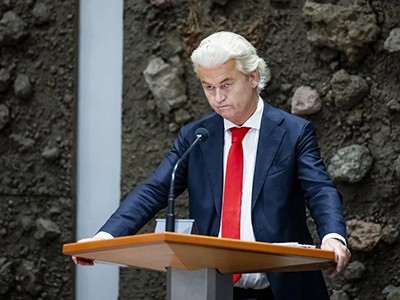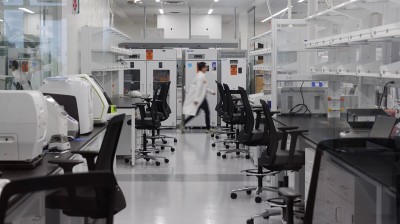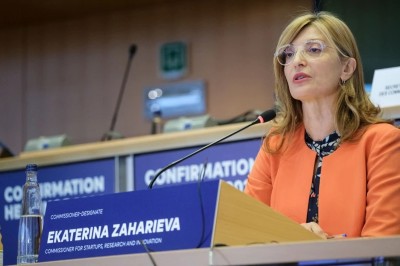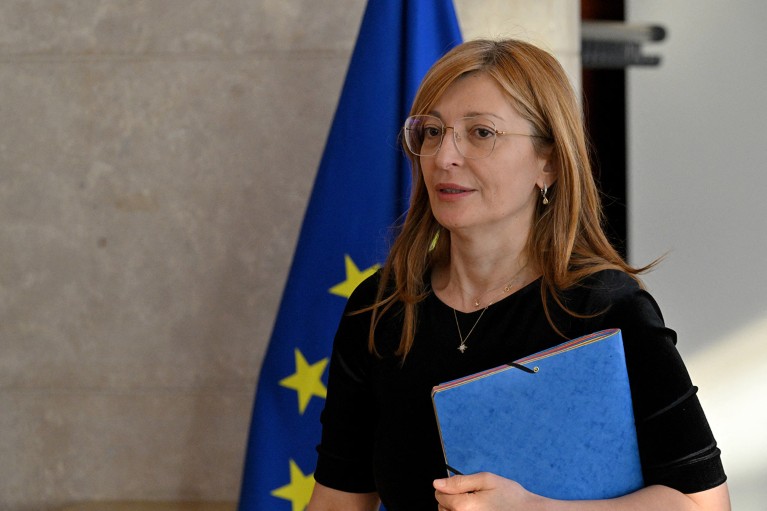
Bulgarian former minister Ekaterina Zaharieva is the new European Union commissioner for start-ups, research and innovation.Credit: Nicolas Tucat/AFP via Getty
Brussels
Ekaterina Zaharieva is the European Union’s new commissioner for start-ups, research and innovation. After a long career in the Bulgarian government, including as justice minister, she took office in December.
Far-right governments seek to cut billions of euros from research in Europe
Zaharieva’s tenure comes at a turbulent time: Europe is trying to bolster its defences against Russia and boost its lagging economic performance. Research is seen as important to achieving both goals. And the bloc’s relationship with the United States is on rocky ground. The administration of US President Donald Trump has shown open disdain for Europe. It has also begun dismantling science programmes, driving many US scientists to think about leaving. The EU, says Zaharieva, is keen to attract them.
One of the commissioner’s main jobs is to shape the successor to the EU’s €93.5-billion (US$101-billion) Horizon Europe research programme — which supports basic and applied sciences and start-ups — set to begin in 2028.
The budget and plan are expected to be decided on this year. But there’s a debate over whether the programme should be subsumed into a wider EU ‘competitiveness fund’, targeted at reviving the economy. Some scientists worry that this could switch the focus from research to meeting immediate economic needs.
Nature met Zaharieva in Brussels to discuss the EU’s response to attacks on US science and the future of its flagship research programme.
75% of US scientists who answered Nature poll consider leaving
Does Europe want to attract disaffected US scientists?
Yes, very much. When you speak about science, innovation or start-ups, what moves is the talent. Europe has a big pull factor, so we are working to attract top researchers. Horizon Europe has a focus on that — we have the Marie Skłodowska–Curie Actions, a very successful programme for early-career researchers. This programme will launch another initiative, Choose Europe, which will provide top young researchers with a pathway to permanent positions. We are also working with the European Research Council to have a dedicated programme on academic chairs for top scientists. And in 2026–27, we’ll be expanding the European Research Area chair scheme, spending between €150 million and €170 million. We are also working on a visa strategy to make the process faster.
Last month, several European research ministers warned that freedom of science was at risk, and urged the EU to show solidarity with affected scientists. Would you echo that warning?
We can have a grant programme to get scientists to choose Europe, but if it’s not a good place to do research, they will not come. It’s important to have the right conditions for them, but they also need to feel free to do research. Even before the new US administration, I committed to preserving academic and scientific freedom as a top priority for my mandate, and we are even going to propose legislative measures next year.
A science mega-programme is taking shape in the EU: what it means for researchers


